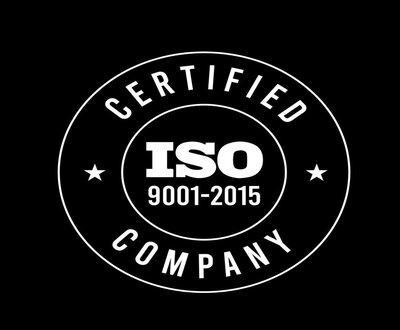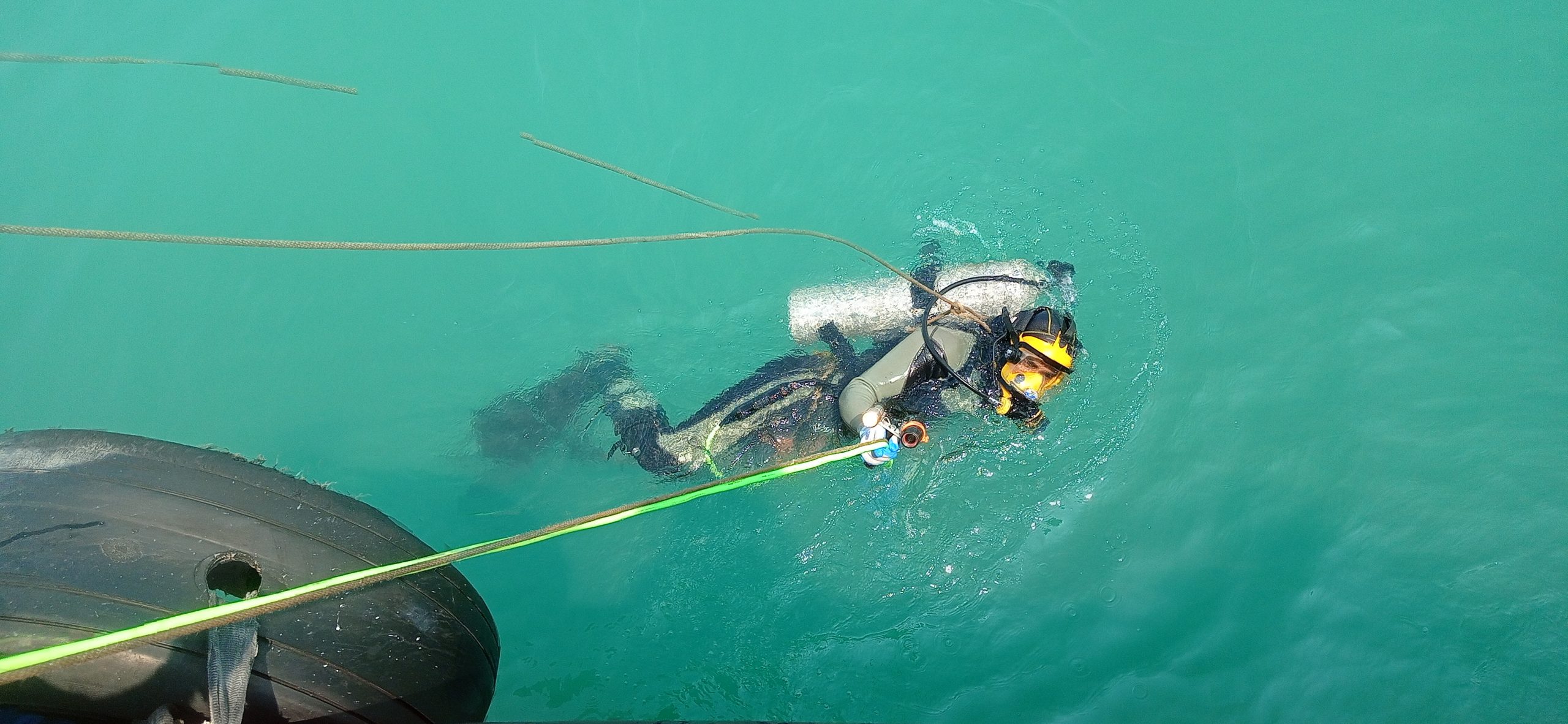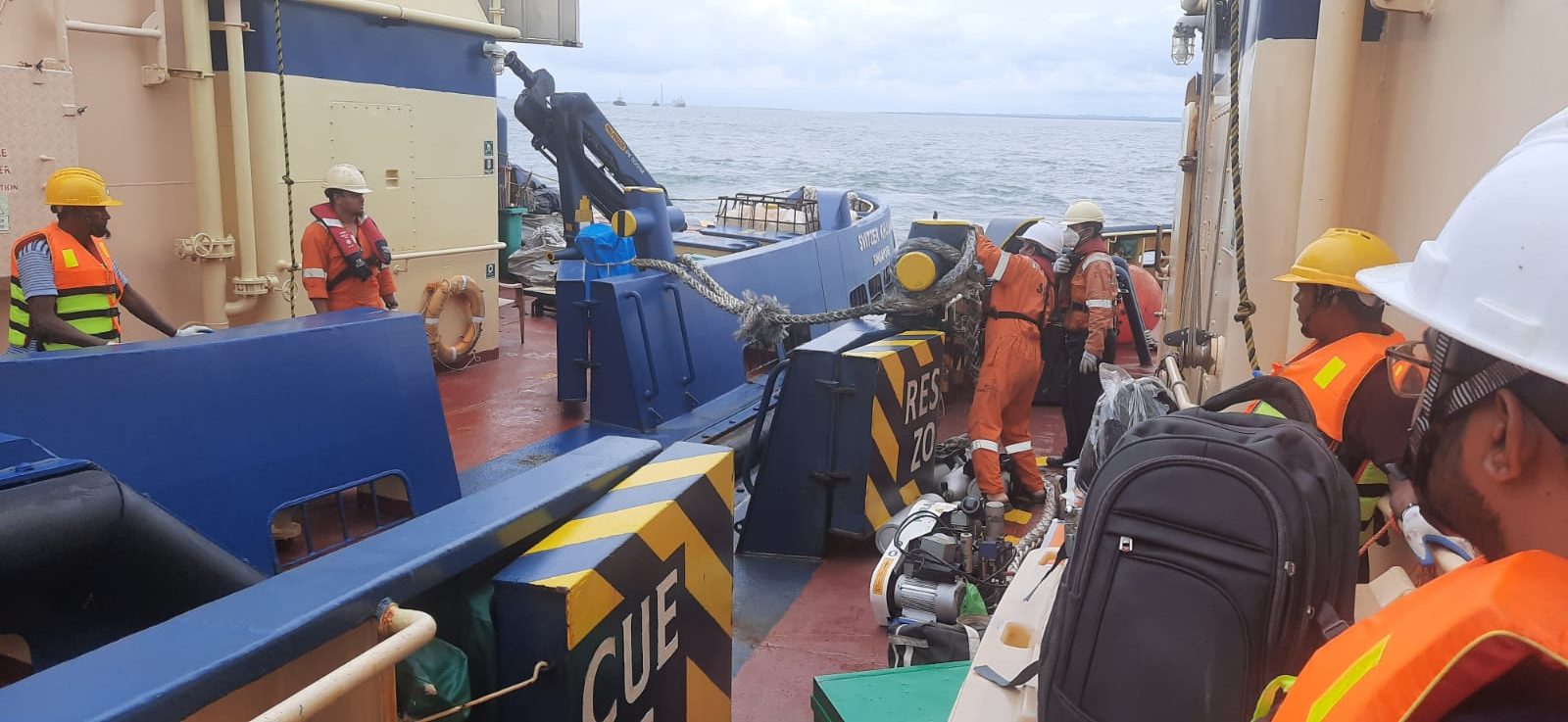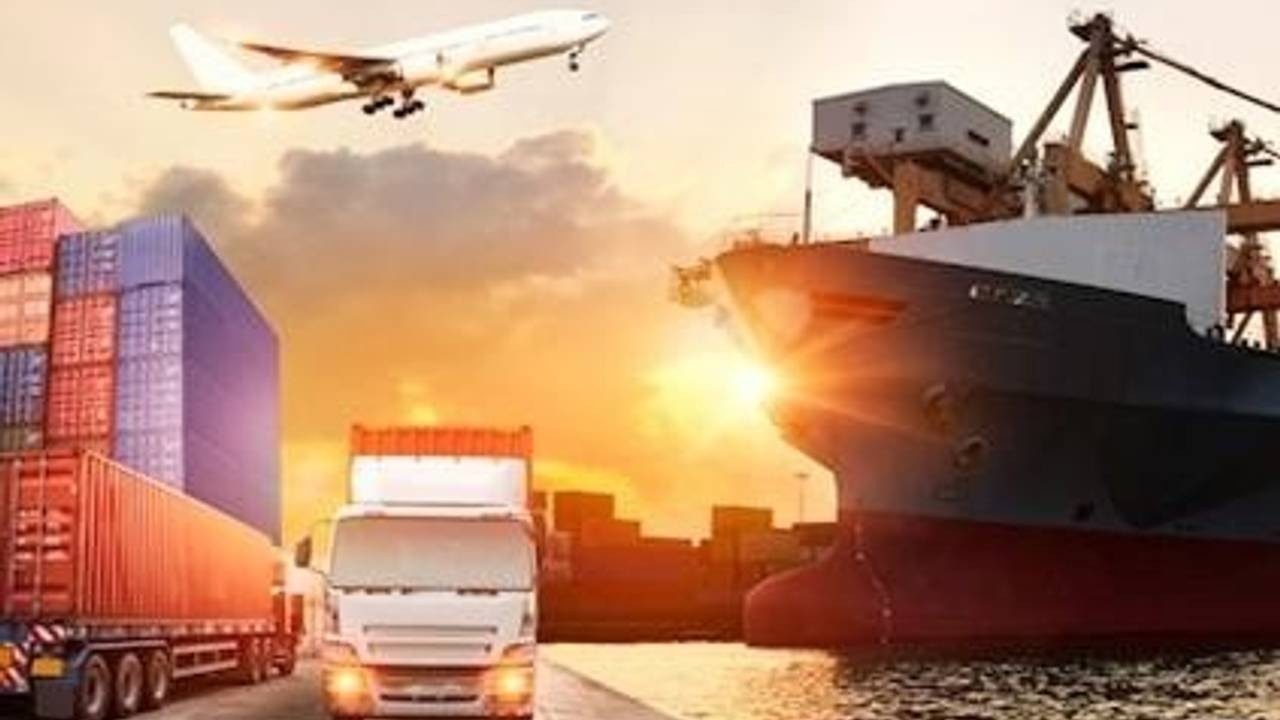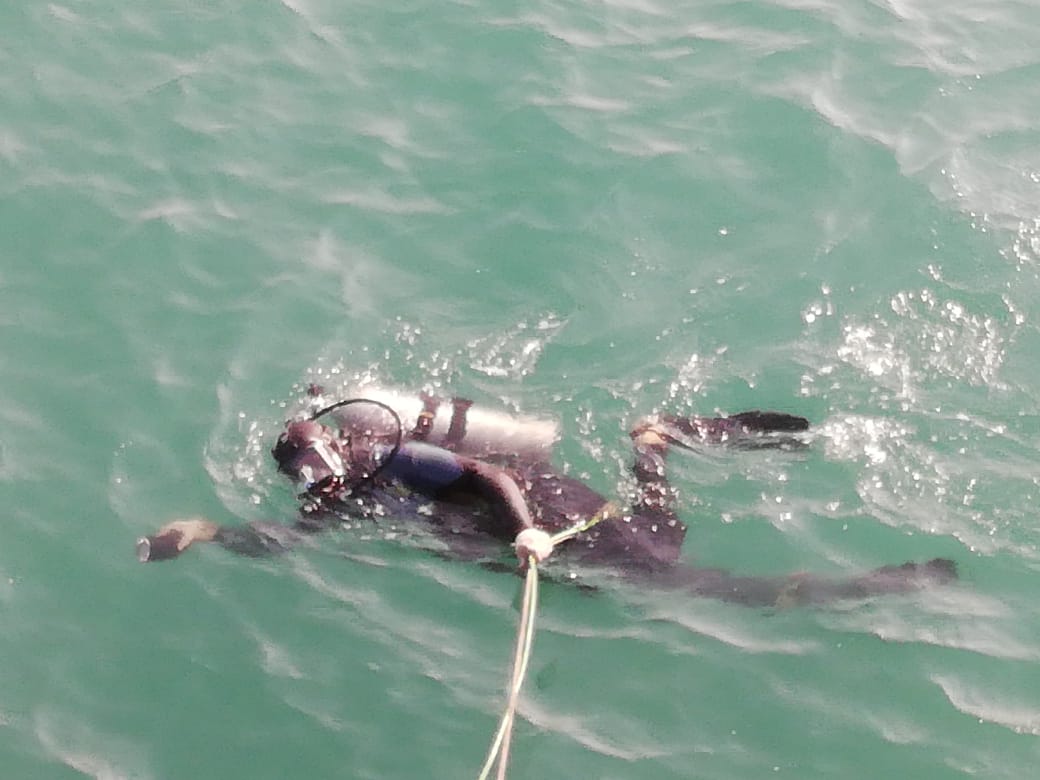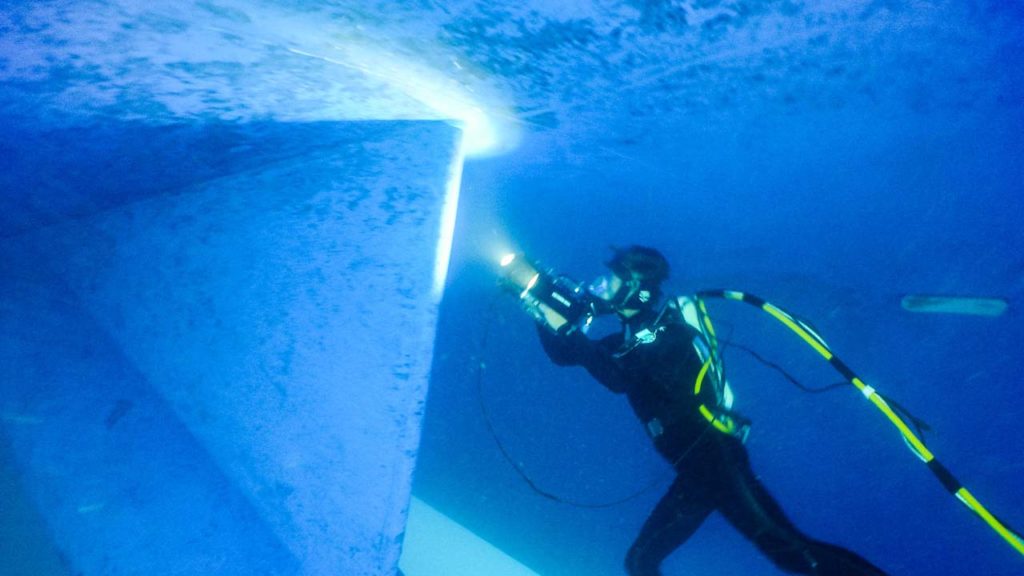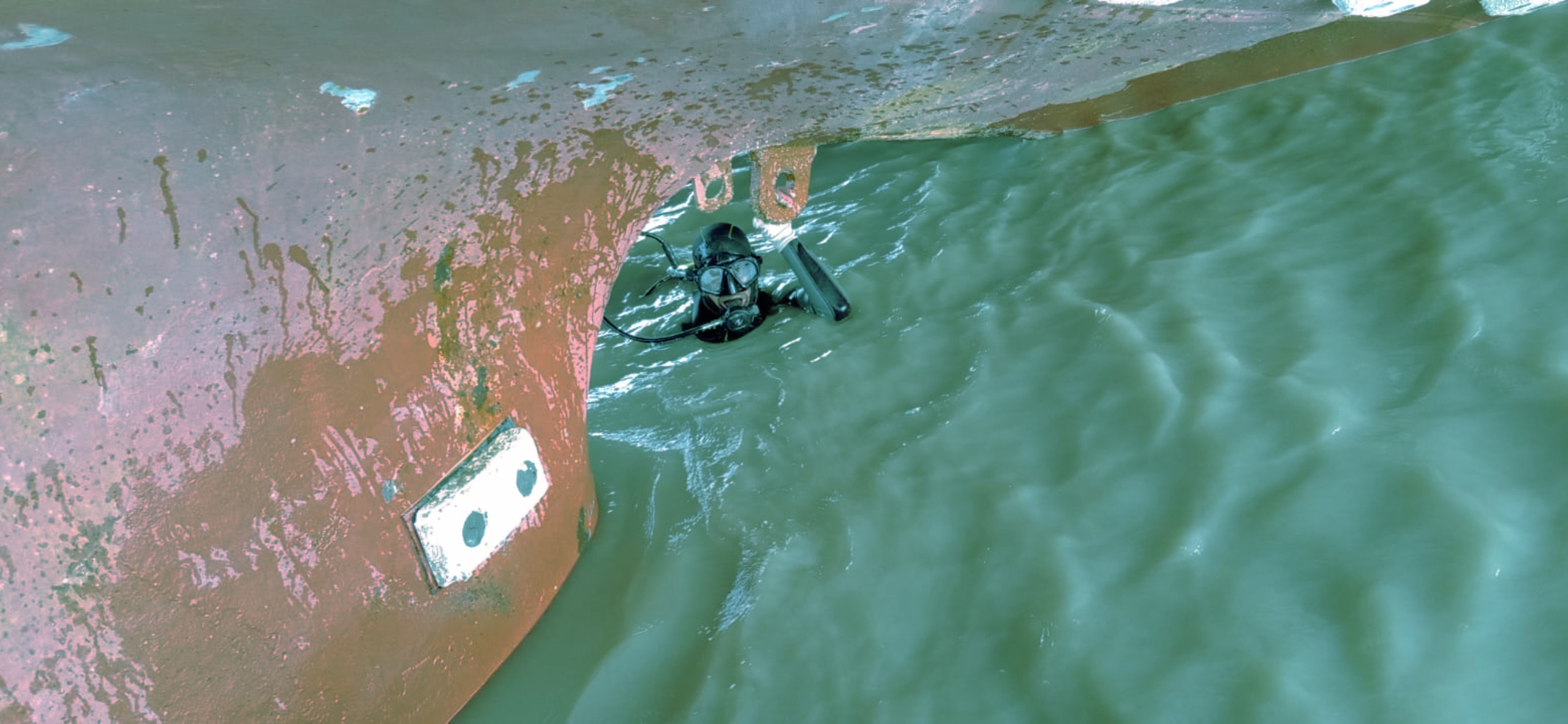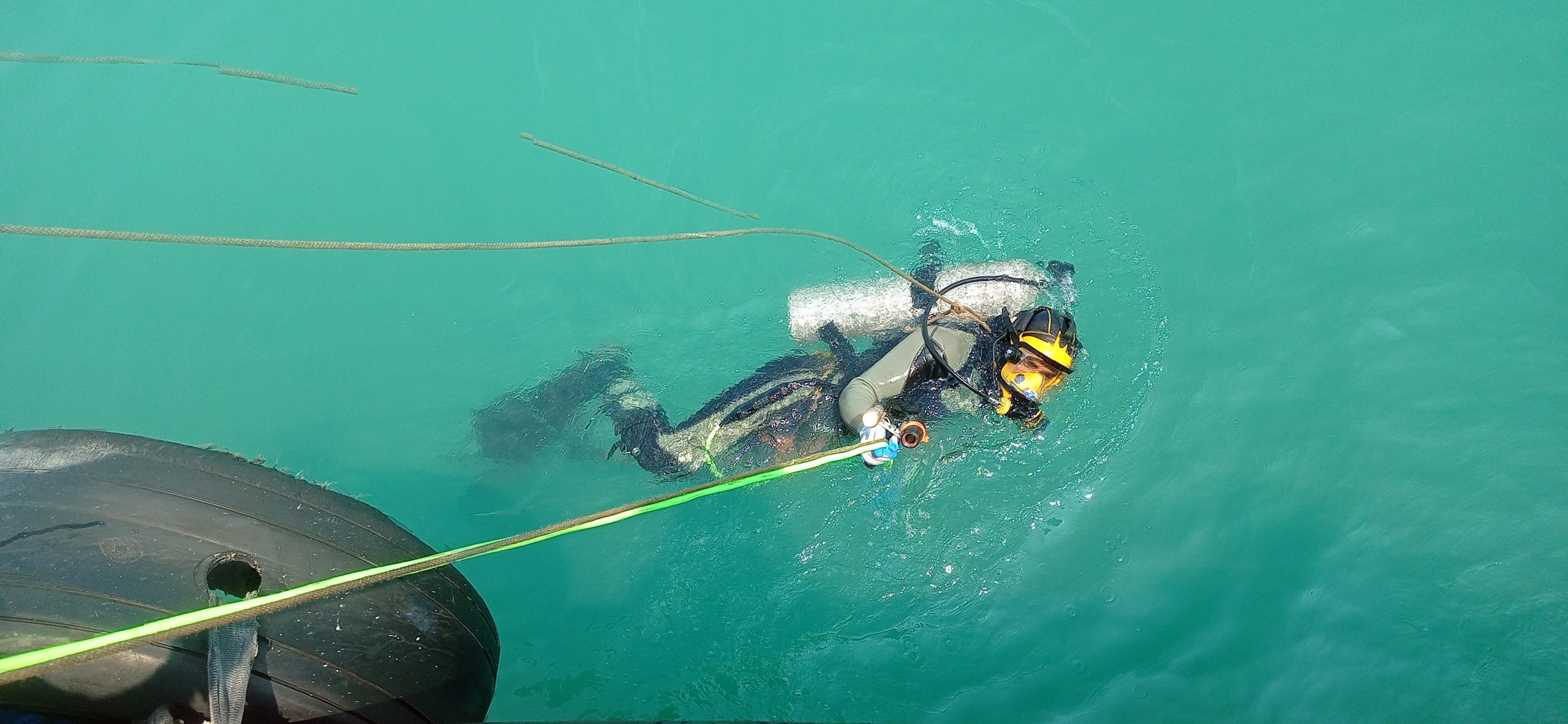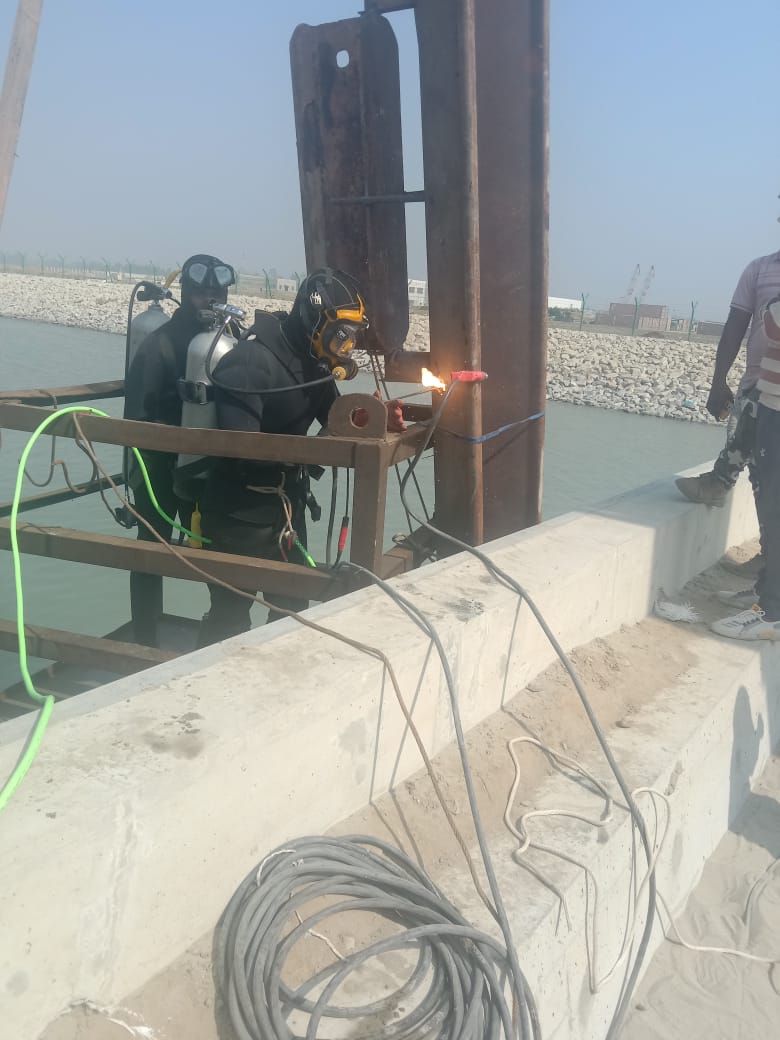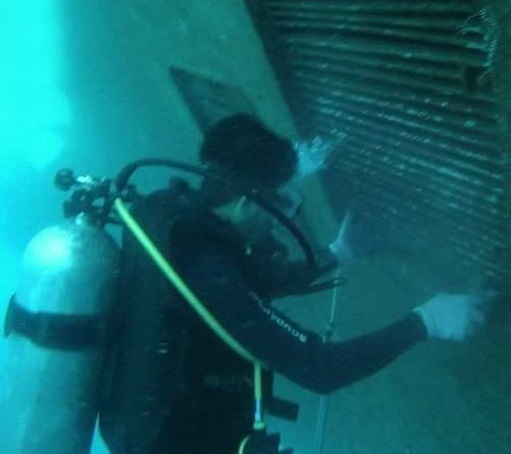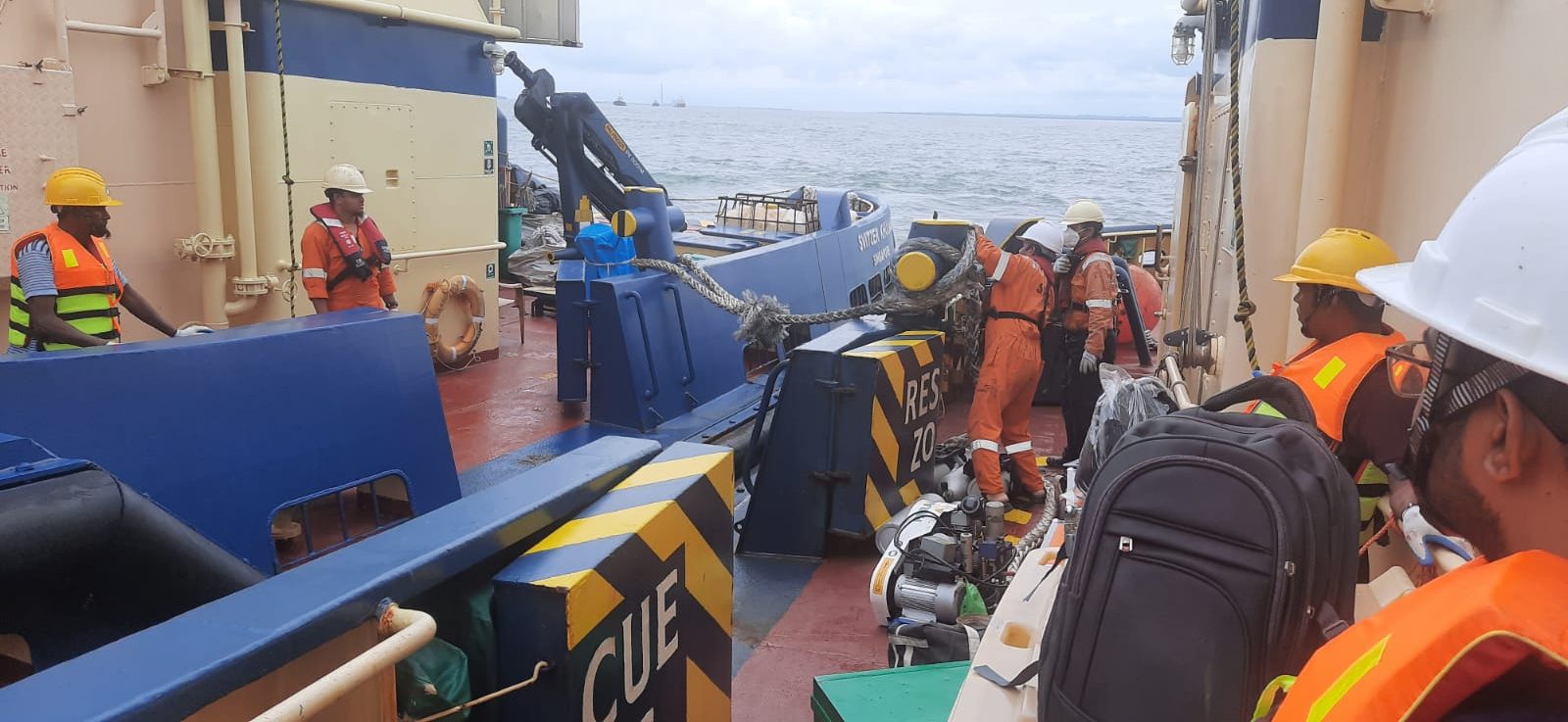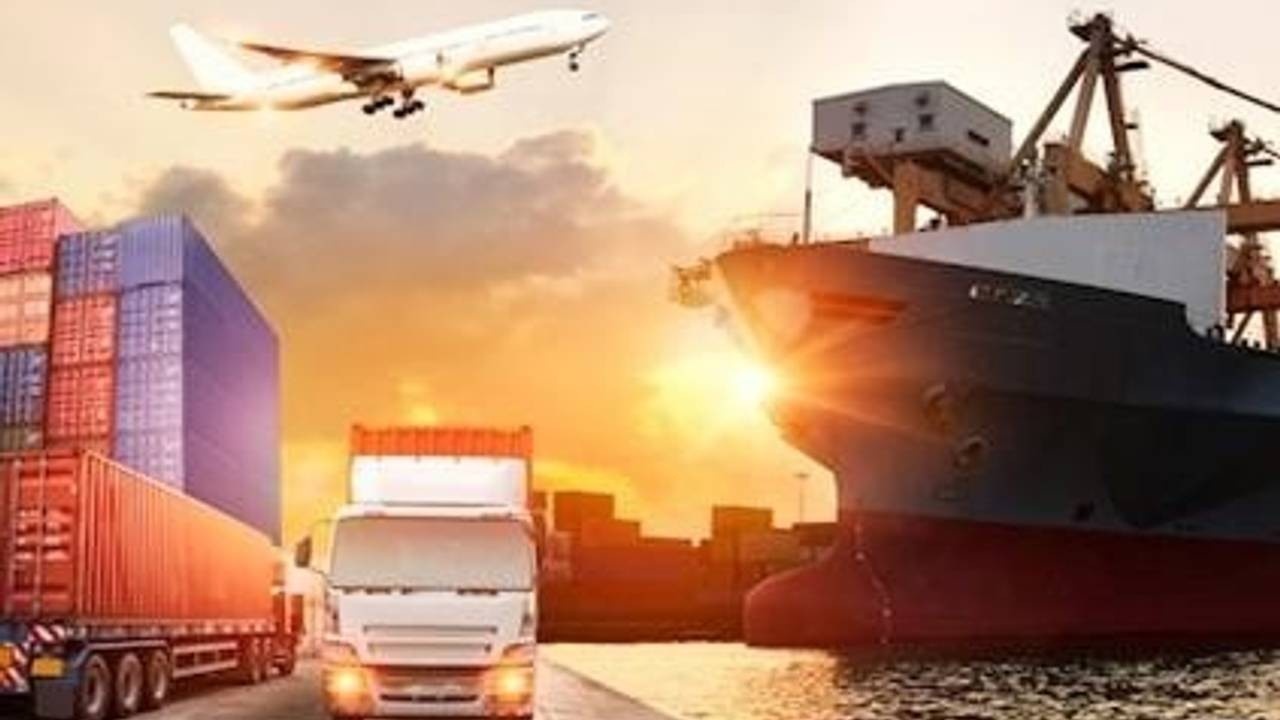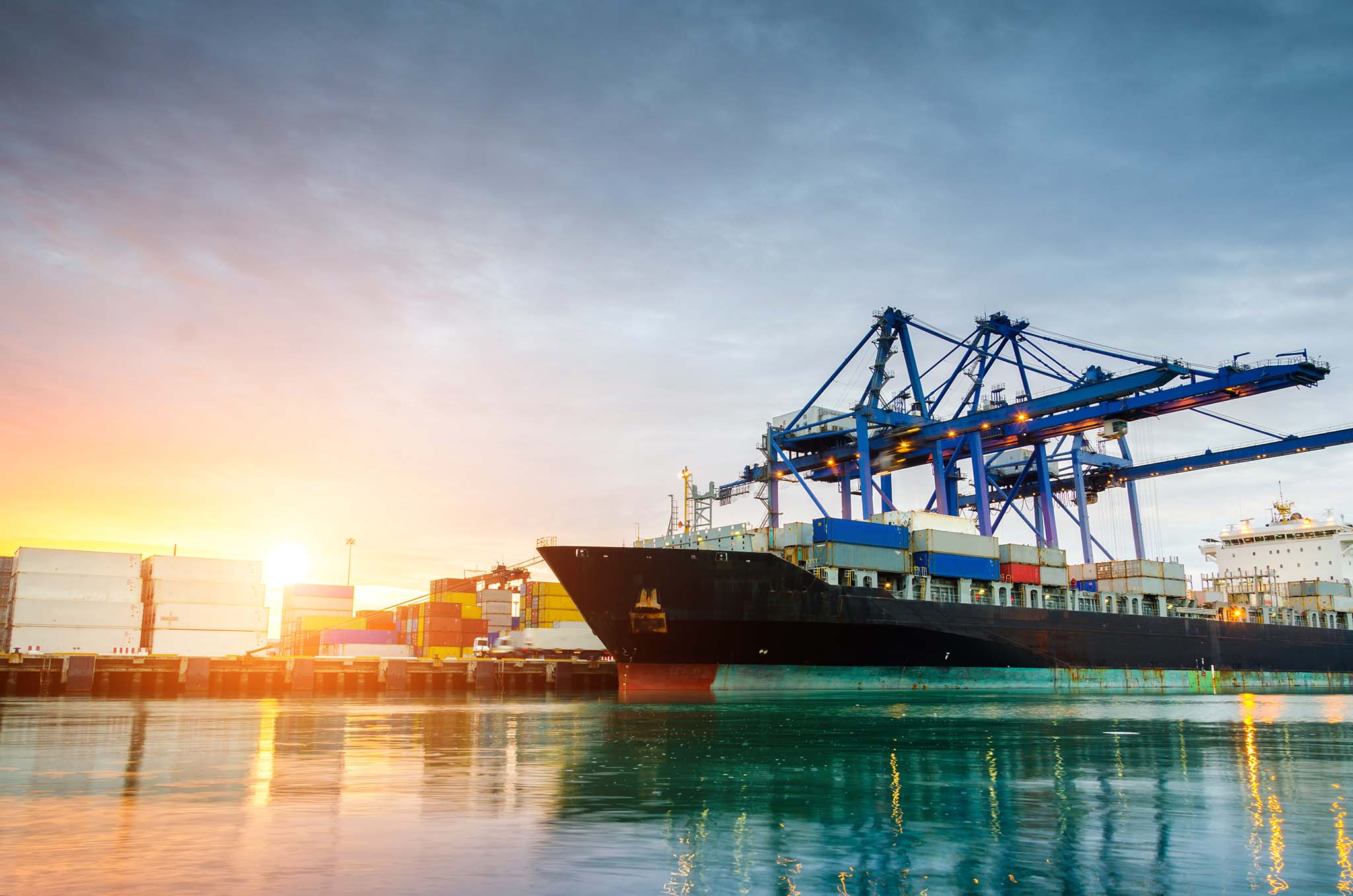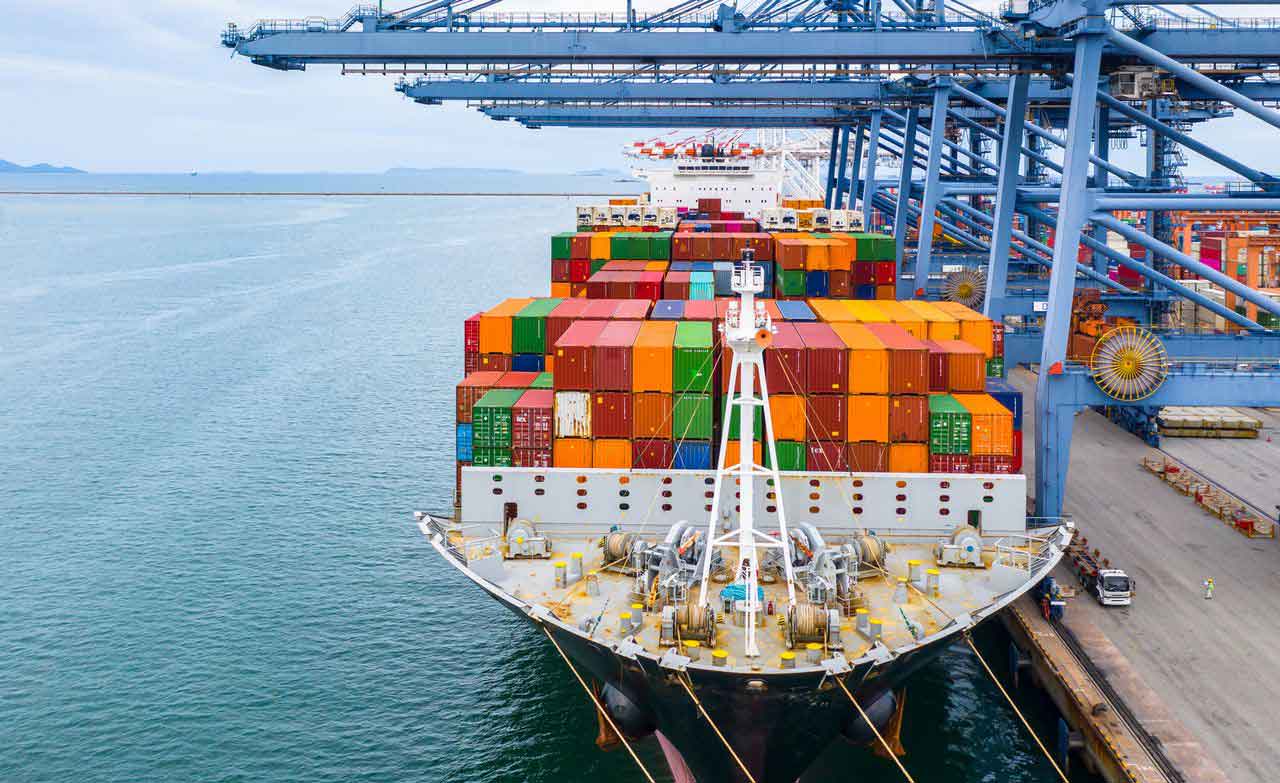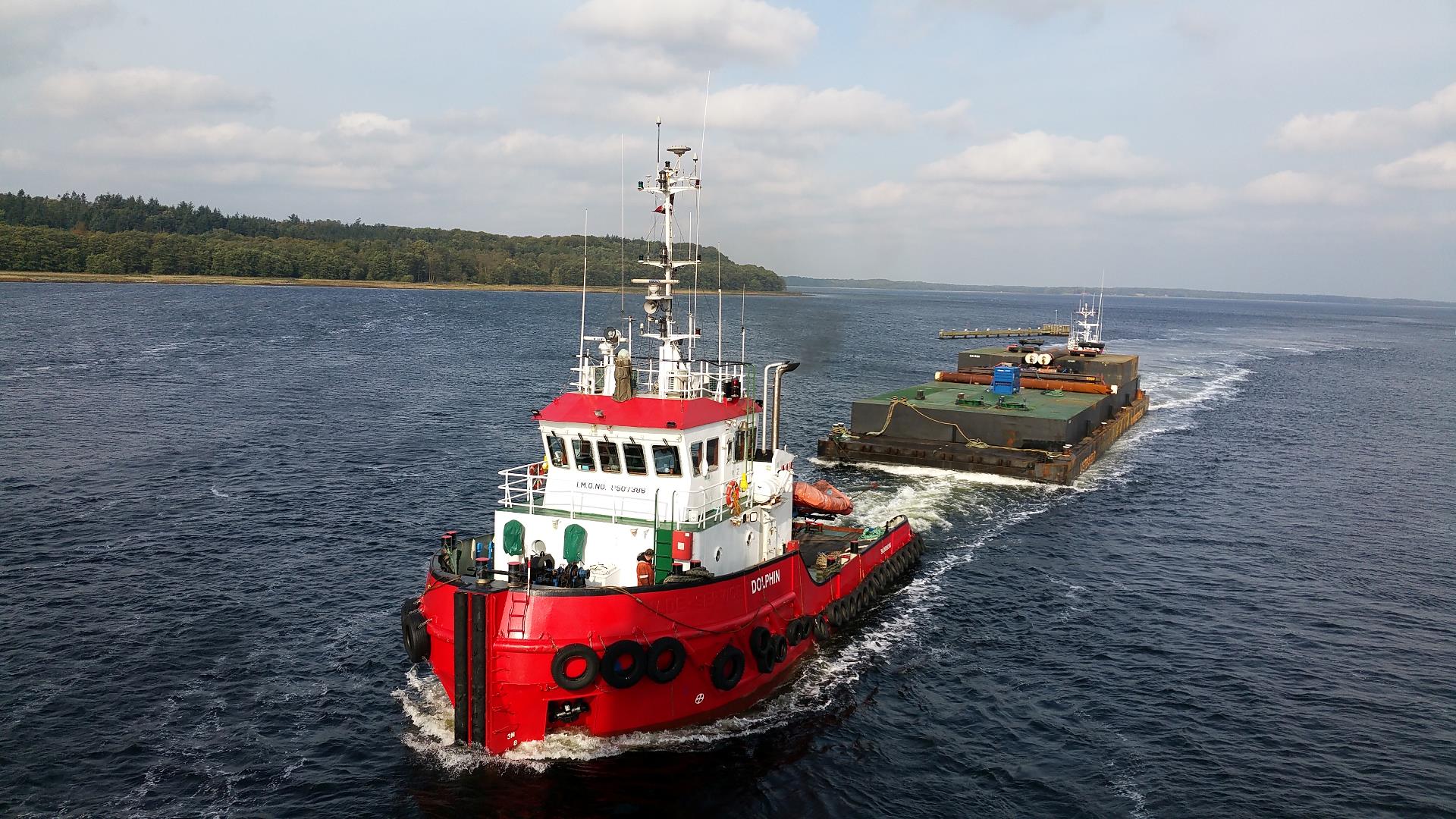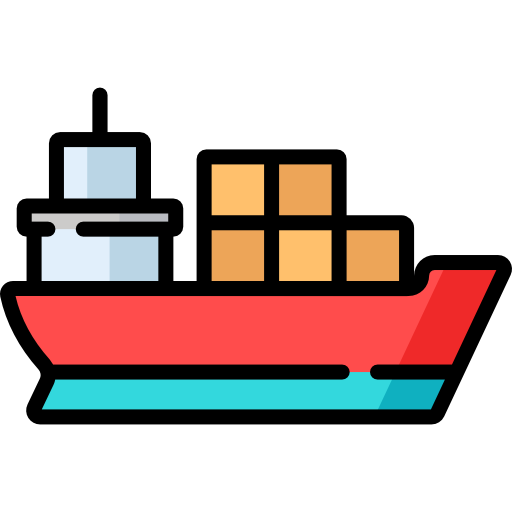Our Services
About Bengal Wave
Welcome to Bengal Wave, which is your go-to provider for exceptional marine service provider in Bangladesh. With an unwavering commitment to excellence, we pride ourselves on offering an extensive scope of services that cater to the diverse needs of the maritime industry. Our expertise spans various critical domains, ensuring that we are your one-stop destination for all things maritime.
Our expertise in diving and salvage operations is key to our services. With the newest techniques and technology at their disposal, our seasoned experts can tackle even the most challenging underwater jobs with accuracy. Whether it’s the recovery of submerged assets or salvage operations in challenging environments, we excel in ensuring the optimal outcome for every project.
In line with our commitment to innovation, we specialize in Ship in Water CCTV Inspection, providing a detailed and accurate assessment of vessel conditions without the need for dry-docking. This technology-driven approach allows us to identify and address potential issues promptly, saving both time and resources for our clients.

Certificate
The essence of our business is service and customer focus, we realize like no other that receiving timely and accurate information plays a key role.

Certified With

Affiliation with
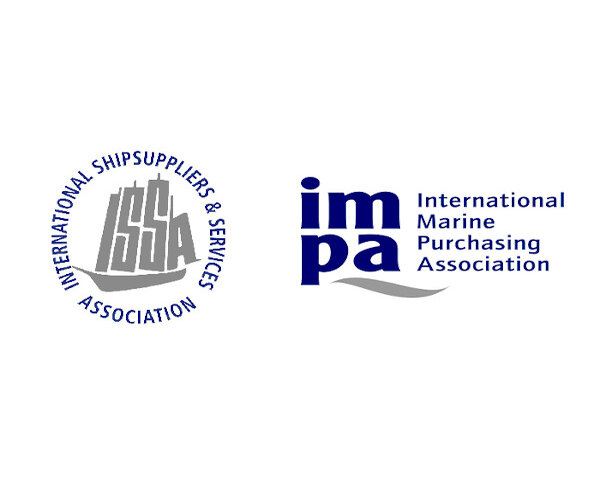
Affiliation With
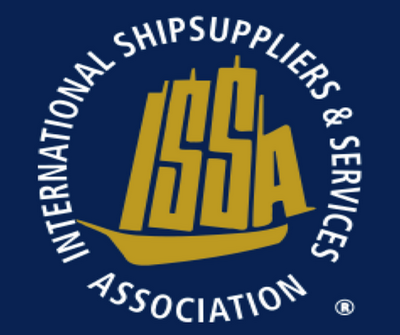
Affiliation with
